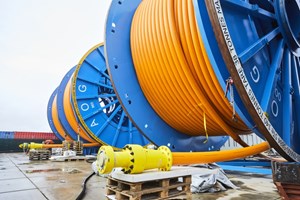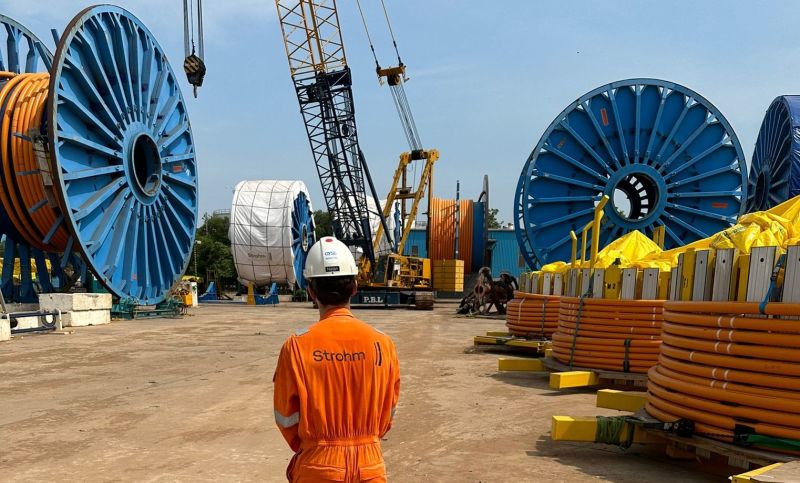Strohm has won a contract to supply four TCP Jumpers for installation in a deepwater field offshore Malaysia. The end customer is a major Southeast Asian operator with international exploration projects.

The contract was awarded via Dynamic Ocean Sdn Bhd (DOSB), which holds the required license to operate in Malaysia on behalf of Strohm.
The large bore TCP Jumpers with internal diameters (ID) in excess of 7 in are collapse resistant in vacuum conditions and will be used for gas production. This represents a significant technological advancement in the use of non-metallic pipes in deepwater environments.
The four carbon fiber PA12 (CF/PA12) TCP Jumpers will be used for gas production service in water depths of up to 1,500 m and will support the operator’s offshore gas production infrastructure, enabling safe and efficient transport of hydrocarbons from subsea wells to processing facilities.
“This contract reflects the continued confidence our clients place in us to deliver reliable, high-performance solutions suitable for challenging and demanding environments,” said Strohm’s Vice President for Middle East & Asia-Pacific, Fabienne Ellington. “Designing and delivering jumpers of this diameter for deepwater installation represents an engineering milestone and this award validates our expertise and our client’s trust in our technical capabilities and execution track record.”
“We are proud to collaborate with Strohm in introducing this groundbreaking TCP technology to the Malaysian deepwater sector,” added Jackie Ling, Business Development Director for DOSB, Strohm’s business partner in Malaysia. “The deployment of carbon fiber PA12 TCP Jumpers represents a significant step toward delivering safer, more sustainable, and cost-effective subsea solutions.”
The jumpers will be produced at Strohm’s manufacturing facility in the Netherlands, terminated, pressure tested, and spooled onto subsea deployment pallets ready for installation, for delivery in Q3 2026.
TCP is a robust, non-corrosive, spoolable, collapse resistant technology which is delivered in long lengths. Due to its light weight, TCP can be installed using small vessels or subsea pallets, significantly reducing transportation and installation costs, as well as CO2 emissions.

